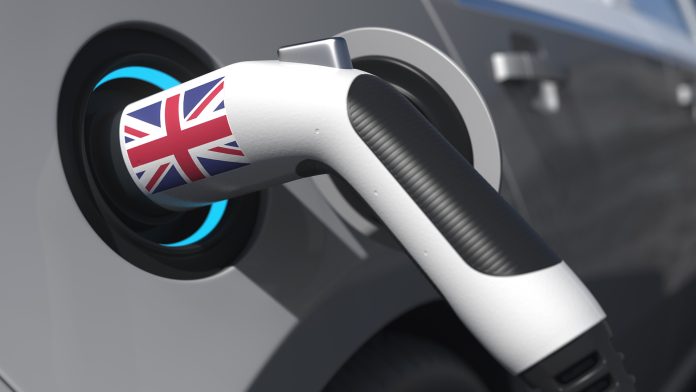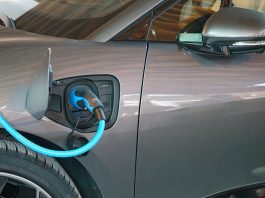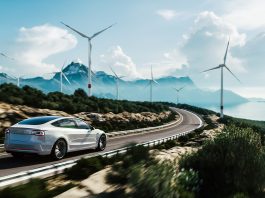Reports suggest that major Chinese EV battery developer EVE Energy is set to invest over £1.2bn in building the largest UK gigafactory.
First reported in the Sunday Times, the significant investment from the Guangdong-based battery maker into a UK gigafactory would help elevate the country as a leading player in the battery production landscape.
EVE Energy has reportedly written a letter to UK Chancellor Jeremy Hunt outlining the details of the multi-billion pound commitment.
The company began construction of its first gigafactory in November, based in Debrecen, Hungary, and is now looking to widen its portfolio.
Where will the gigafactory be based?
The reported gigafactory will be located in the West Midlands, on the outskirts of Coventry and will be a sizeable 5.7 million square feet.
The West Midlands gigafactory is slated to be integrated into the UK Centre of Electrification initiative.
This project is a collaborative effort between regional councils and the proprietors of Coventry Airport, which will serve as the site for the factory’s construction.
Following planned expansion, the gigafactory will be almost twice the size of Nissan’s EV battery factory in Sunderland.
Boosting the local economy
The new UK gigafactory is expected to create up to 6,000 high-skilled jobs in the region and thousands more in the wider supply chain.
Initially, the gigafactory is expected to generate 20 gigawatts of capacity, increasing to 60 gigawatts in the following phases.
UK’s growing battery production capabilities
The development follows the news of Tata Group’s £4bn gigafactory project in Somerset being approved by Somerset Council.
The gigafactory, located at the Gravity Smart Campus site in Puriton, will supply batteries for Jaguar Land Rover (JLR) vehicles, generating thousands of skilled jobs and economic benefits.
Scheduled to commence operations in the second half of the decade, the gigafactory will become one of Europe’s leading battery production sites, aiming to start production by 2026.
The gigafactory will focus on sustainable, high-quality batteries, utilising 100% clean energy and innovative recycling methods for a circular process.
The investment is projected to create around 4,000 direct jobs and many more in the wider supply chain, with an annual production capacity of 40GWh, enough to power approximately 500,000 electric vehicles.









